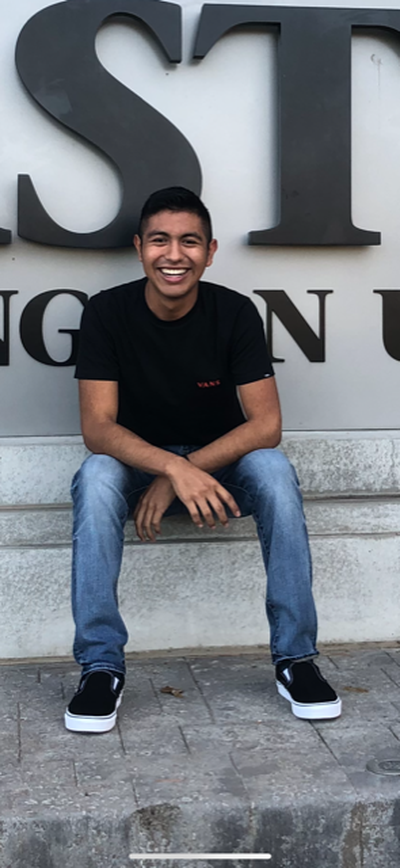SPS program works to keep students in school

Spokane Public Schools is making an effort to reduce the number of students suspended or expelled because of disciplinary issues and has hired four mentors to work with high school students in the Restorative Interventions for Suspensions and Expulsions (RISE) program.
The four-year grant funded program began in 2019. School administrators recommend students to participate in the mentorship program based on attendance, grades and/or behavior. RISE also includes an in-school diversion program. “It’s my job to do whatever I can do to create an agreement to keep the youth in school,” said RISE diversion liaison Rebekah Lawson. “Often we find the behavior at school is indicative of something else.”
It’s not uncommon for students to have disciplinary issues when they are struggling to cope with something happening at home, including a death in the family, Lawson said. She and her staff work to figure out how to offer support to the family and connect them with needed services.
While the official data is still being compiled, Lawson said there is a lot of anecdotal evidence that the program is making a difference. She said a student who previously never had a grade point average higher than 2.0 got a 4.0 last semester and is accumulating the credits needed to graduate.
Jerry Garcia has been working as a mentor since October and has taken extra steps to make connections with his students and encourage them to improve. He’s assigned to 25 students. “I love interacting with the students, especially the ones who need more attention,” he said. “They just need a connection to someone.”
Garcia, 23, believes his age helps him form a bond with his students. Some of them were struggling in their algebra class, which Garcia can relate to. He also had troubles in math class in high school, but finally made a connection with the subject in college. He talked to the students’ teacher about observing the class, but then took it a step further.
“Then I started participating and doing assignments,” he said.
He took tests and encouraged his students to take the tests as well, which they hadn’t been doing. He made it into a friendly competition to see who could score the best. “Now they’re starting to go to class and participate and take the tests,” he said.
He’s still going to algebra class and enjoys watching the students participate and be engaged. He said he’s kept busy working with 25 students, but it doesn’t feel like work. “It’s so fun,” he said.
Lawson said Garcia is compassionate and personable. “Jerry is fantastic,” she said. “The way he interacts with youth, it’s so seamless. He has a heart for this work and a heart for the youth and they can tell.”
Director of Community Relations Nicole Jenkins-Rosenkrantz said about 100 students are participating in the RISE program. She came to the district from a 17-year career in the juvenile justice system because she wanted to disrupt the school-to-prison pipeline that often ensnared students who were kicked out of school. She said she’s pleased with the RISE program and hopes the data being collected will show the value of the program.
The RISE program is funded by a federal grant through the Office of Juvenile Justice and Delinquency Prevention. It expires in a year, but Lawson said the district is working to keep the program going. “We are hopeful there might be a way to continue it,” she said.
Lawson said she believes the program is working as intended. “It’s really just the youth realizing someone is in their corner,” she said. “I’m super excited to be a part of that.”